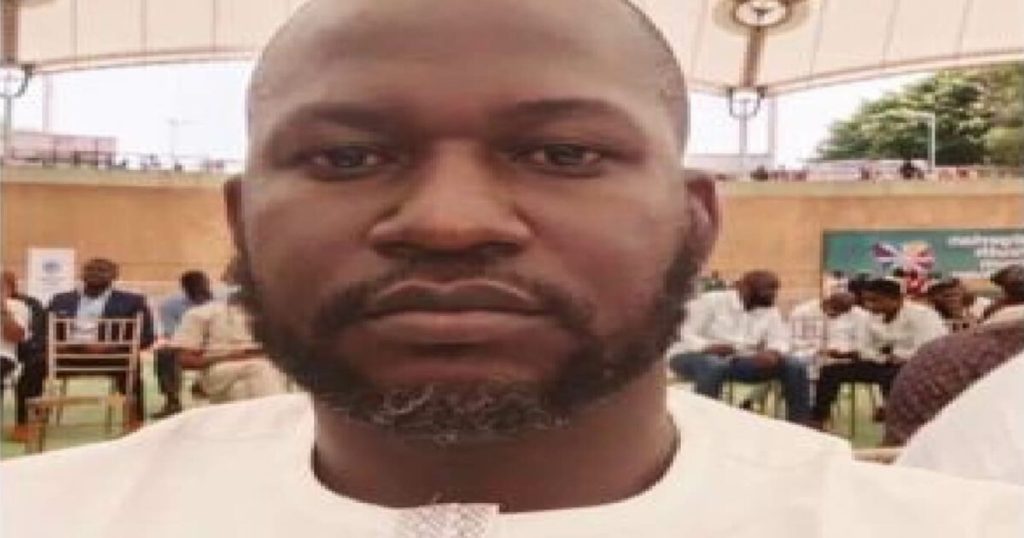The political landscape of Osun State is witnessing a brewing storm centered around the relationship between incumbent Governor Ademola Adeleke and former Governor Rauf Aregbesola. While initially perceived as allies in the ousting of former Governor Adegboyega Oyetola, the dynamic between Adeleke and Aregbesola has shifted dramatically, with Aregbesola’s recent declaration of intent to “take back Osun” in the 2026 elections. This proclamation, made upon his return to Osun and appointment as Interim National Secretary of the African Democratic Congress (ADC), has sparked a war of words and accusations between the two political figures.
Aregbesola’s supporters argue that the former governor never truly aligned with Adeleke politically, despite the perceived camaraderie during the previous election cycle. They maintain that Aregbesola’s absence from Osun during the 2022 elections was due to his ministerial duties at the federal level and the deliberate exclusion of him and his loyalists from the APC political structure by Oyetola’s camp. This marginalization, they claim, led some of Aregbesola’s followers to defect to the PDP or adopt a passive stance, inadvertently contributing to Adeleke’s victory. Aregbesola’s return and his ambition to reclaim the governorship, they contend, is not a threat but a promise to the people of Osun.
Adeleke’s camp, however, views Aregbesola’s declaration as a direct challenge and has responded with accusations against Aregbesola’s past administration. They point to the accumulation of debt and the implementation of a modulated salary scheme, commonly referred to as “half salary,” as evidence of Aregbesola’s mismanagement. They allege that Aregbesola is seeking to capitalize on Adeleke’s perceived vulnerability and desire to inherit Aregbesola’s political base. The sudden shift in relations, they suggest, is driven by Adeleke’s realization that Aregbesola’s support will not be forthcoming, jeopardizing his re-election bid.
Aregbesola’s supporters vehemently defend his administration’s policies, framing the debt as strategic investments in infrastructure, education, healthcare, and social programs. They argue that these initiatives have left a lasting legacy of development in Osun State. Regarding the modulated salary scheme, they explain that it was a necessary response to a nationwide fiscal crisis triggered by the federal government’s failure to disburse funds to states. This measure, they assert, was implemented to avoid mass layoffs and was a shared sacrifice across all levels of government, with junior civil servants receiving full salaries while senior officials and political appointees, including Aregbesola himself, bore the brunt of the temporary pay cuts. Furthermore, they emphasize that full salaries were resumed months before Aregbesola left office and that a significant portion of the withheld salaries had been repaid, leaving the Oyetola administration responsible for the remaining backlog.
The political tension has also extended to the relationship between Adeleke and the APC. Aregbesola’s camp has accused Adeleke of courting the APC in a desperate bid to secure his re-election, highlighting rumors of a potential defection. They criticize both the APC and PDP for losing touch with the people and becoming politically weak, suggesting that an alliance between the two would only lead to mutual defeat. They point to the perceived failures of the APC at the national level, citing high inflation, insecurity, and economic hardship as reasons for the people of Osun to reject the party. They portray the ADC as a viable alternative, offering genuine change and a renewed focus on the needs of the people.
As the 2026 gubernatorial election approaches, the ADC expresses confidence in its ability to secure victory. They emphasize Aregbesola’s enduring popularity and grassroots support, as well as the party’s active rebuilding efforts across the state’s 332 wards. They are committed to presenting a credible ticket with a clear vision and practical policies aimed at restoring Osun’s greatness. They welcome coalition-building opportunities while dismissing any potential merger between the APC and PDP as a desperate and futile attempt to marginalize Aregbesola and the ADC. The ADC believes its focus on grassroots engagement and connection with the people will ultimately lead to victory, even in the face of a potential three-horse race. They urge the people of Osun to reject the established parties and embrace the ADC’s promise of a people-driven government that will prioritize their needs and aspirations.


